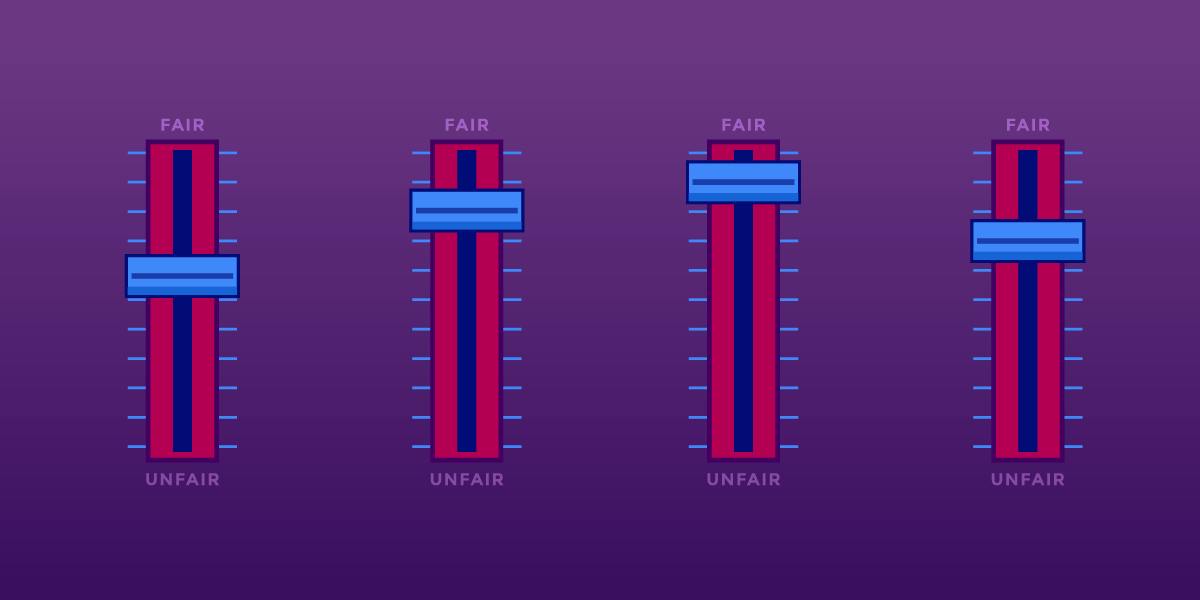
There is a loud debate raging over what companies should and shouldn’t be doing about the things people say on their platforms. What people often seem to forget is that we already know the dangers of providing a quick way for people to remove criticism of themselves from the internet. Thanks to copyright law’s disastrous damages provisions, all but the largest social media companies risk financial ruin if they don’t promptly remove any content that’s been flagged as infringing. As a result, copyright complaints are a highly effective way to get a post you don’t like taken offline fast.
This is exactly what happened recently to a journalist who resurfaced an actor’s own words to raise concern about his actions. When David Choe came back into the public eye thanks to his role in a popular Netflix series, some people, including investigative journalist Aura Bogado, remembered a story he told in a 2014 podcast about sexually assaulting a masseuse. Bogado talked about it on Twitter and included a link to the video clip from the podcast (which she had obtained from fellow journalist Melissa Stetten, who broke the story in 2014). Choe responded to the controversy in at least two ways: by insisting he fabricated the story, and by using false copyright claims to try to get the video erased from the internet.
His first strategy may be effective. The second should not be.
The David Young Choe Foundation claims it owns the copyright in the podcast, which may or may not extend to the specific episode in question. But whether or not Choe owns the rights, Bogado’s posting of the short clip was an obviously lawful fair use – classic criticism and commentary, with receipts.
Abusing copyright to shut down online speech isn’t new – it’s been well-documented for decades. But copyright holders continue to insist that it’s not a real problem. Tell that to Bogado, who is two complaints away from losing her Twitter account. Bogado has counter-noticed, a procedure that essentially allows users to seek restoration, but only if they are willing to submit to the jurisdiction of a federal court if the copyright holder decides to sue them. With EFF’s help, Bogado is willing to take the risk that Choe will come to his senses, talk to a lawyer, and realize that his complaint is absurd (something he would already know if he had considered whether the use is a fair use, as he was legally required to do.) Many fair users are not willing to take that risk, much less able to find pro bono counsel to help them understand their options.
Given the proliferation of misinformation online, it’s crucial to protect everyone’s ability to point to the facts. Let’s hope that Choe learns his lesson – and that other copyright bullies do too.
* This article was originally published here
PUBLISH WITH US!
The Washington Gazette works at our discretion with businesses, non-profits, and other organizations. We do not work with socialists, crony capitalists, or disinformation groups. Click the green button below to view our services!
HELP STOP THE SPREAD OF FAKE NEWS!
SHARE our articles and like our Facebook page and follow us on Twitter!



0 Comments